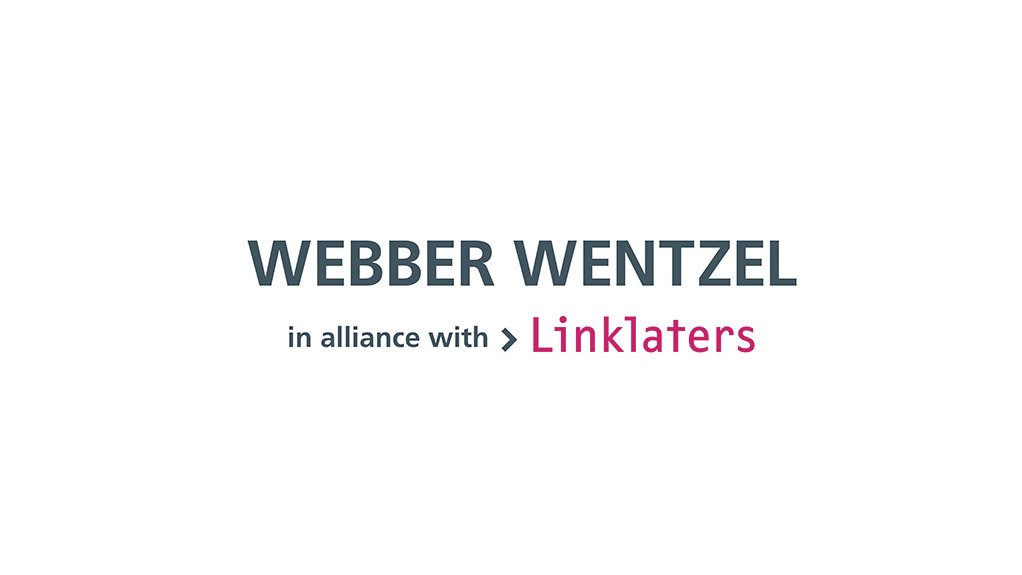- 2020 Future Of Jobs Report - World Economic Forum0.36 MB
Download the full report above
A recent World Economic Forum report has highlighted evolving trends in the workforce, globally and in South Africa, as the local labour market faces the combined impact of the Covid-19 pandemic and the Fourth Industrial Revolution (4IR)
The World Economic Forum (WEF) recently issued the third edition of its "Future of Jobs Report" (WEF Report), which describes the jobs and skills of the future and tracks the pace of change. Part 1 of the WEF Report tracks the future of jobs while Part 2 considers specific country and industry profiles.
The WEF Report highlights that "human ingenuity is at the root of all shared prosperity". Employers need to harness the window of opportunity presented by the 4IR to take advantage of the new age of work, while promoting employment of both low- and high-skilled workers.
The key findings of the WEF Report are:
- The pace of technology adoption is expected to persist and may accelerate in some areas (e.g. encryption, non-humanoid robots and artificial intelligence)
- Automation and the Covid-19 pandemic are creating a 'double disruption' scenario for workers
- Job creation is slowing down while job destruction is accelerating
- Skills gaps continue to be high, as in-demand skills are changing across jobs
- The future of work has already arrived for most of the online "white-collar" workforce
- Inequality is likely to be exacerbated by the dual impact of technology and the pandemic recession
- Online learning and training are rising but look different for those in employment compared with those who are unemployed
- The window of opportunity to reskill and upskill workers has been shorter in the newly-constrained labour market
- Most employers recognise the value of human capital investment
- Companies need to invest in better human and social capital outcomes by adopting environmental, social and governance metrics
- The public sector needs to provide stronger support for reskilling and upskilling for at-risk or displaced workers.
Written by Kirsten Eiser, Partner, Shane Johnson, Professional Support Lawyer, Ilyaas Mayet, Associate & Jason Fleischer, Candidate Attorney from Webber Wentzel
EMAIL THIS ARTICLE SAVE THIS ARTICLE ARTICLE ENQUIRY
To subscribe email subscriptions@creamermedia.co.za or click here
To advertise email advertising@creamermedia.co.za or click here











